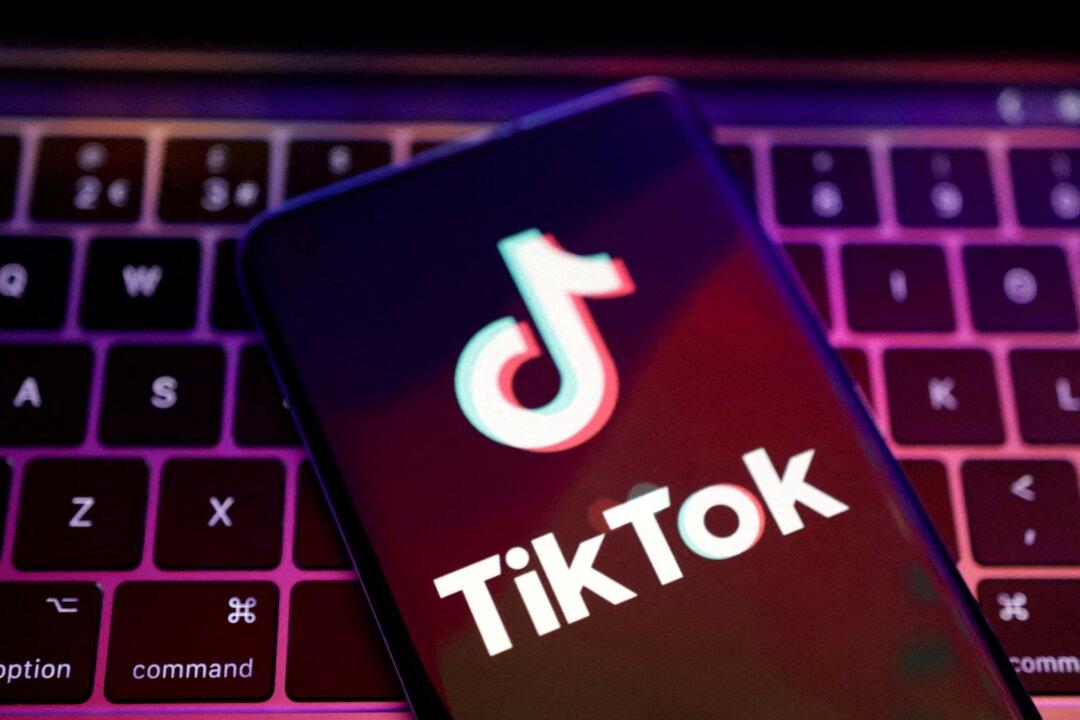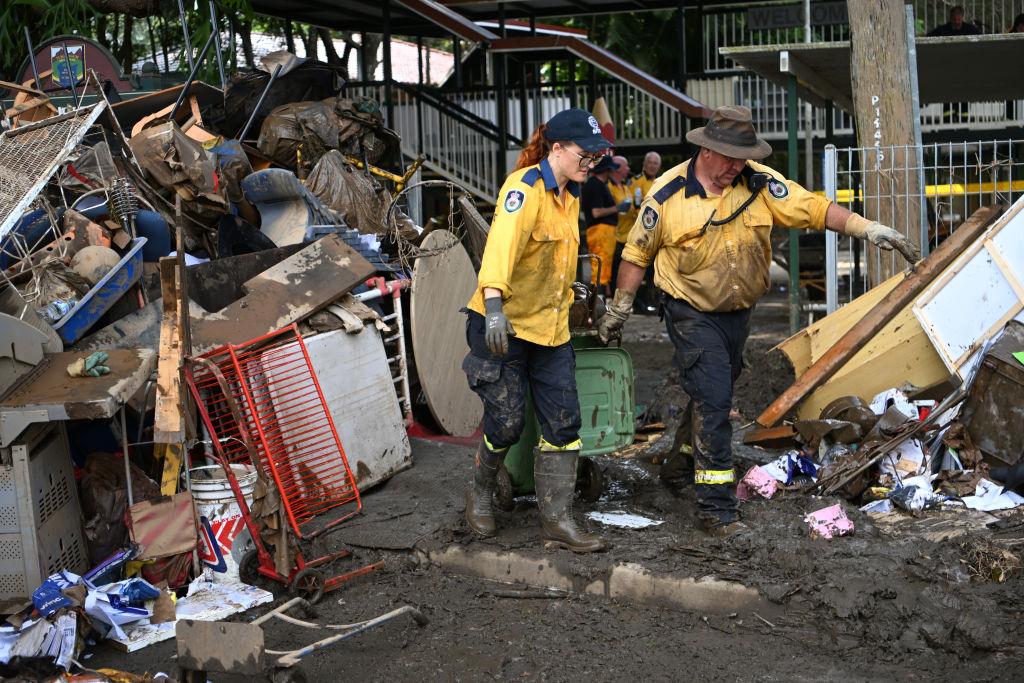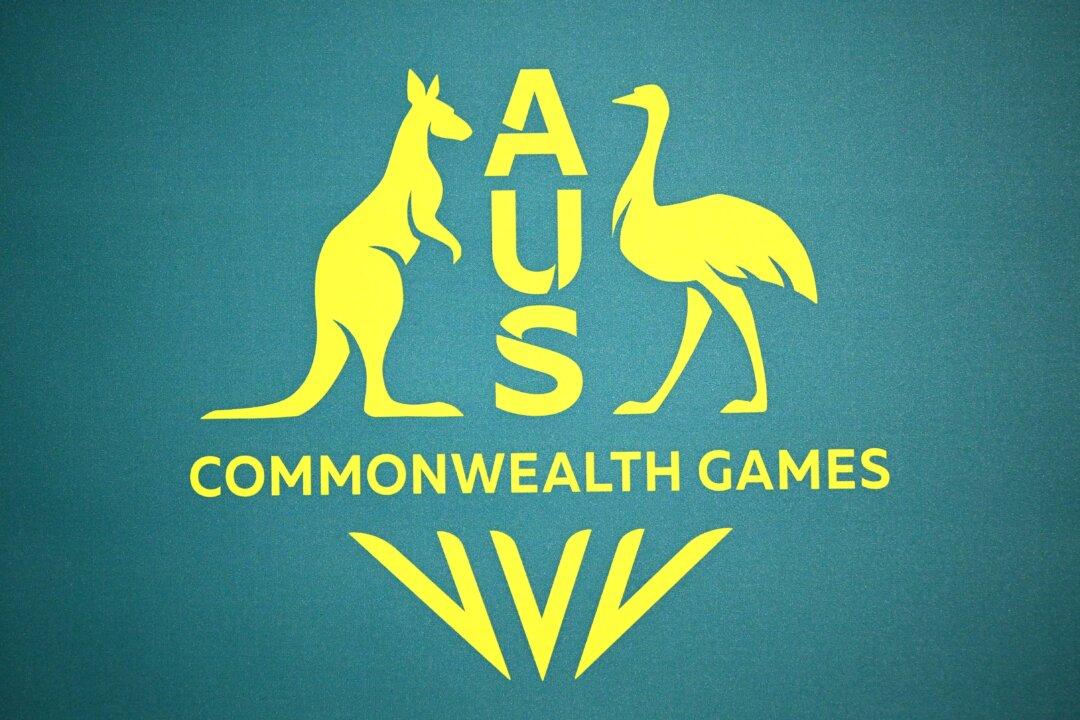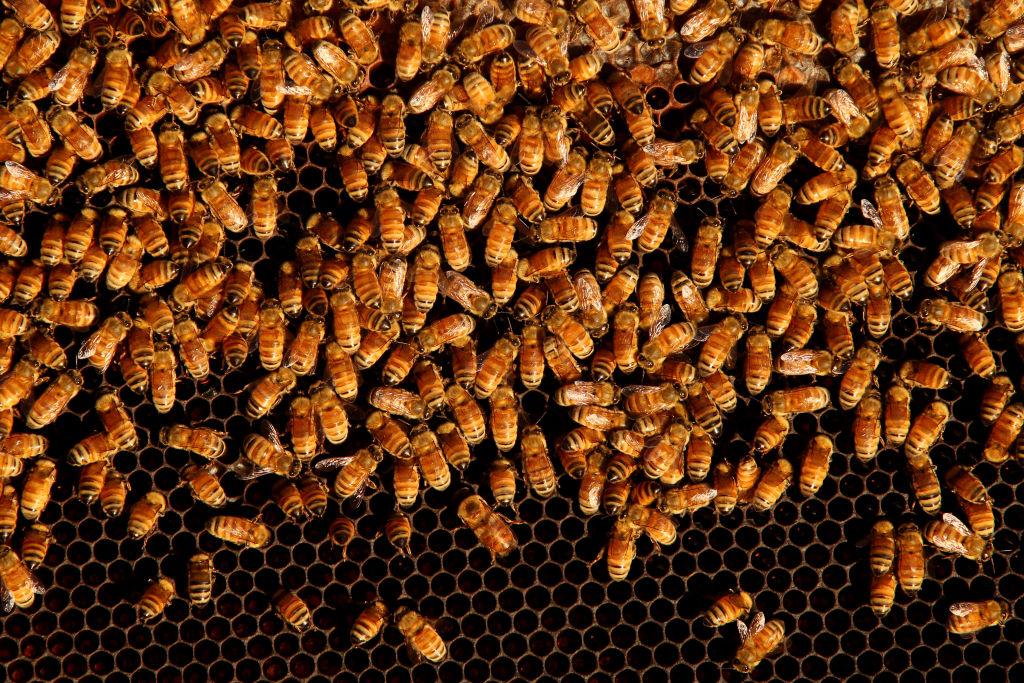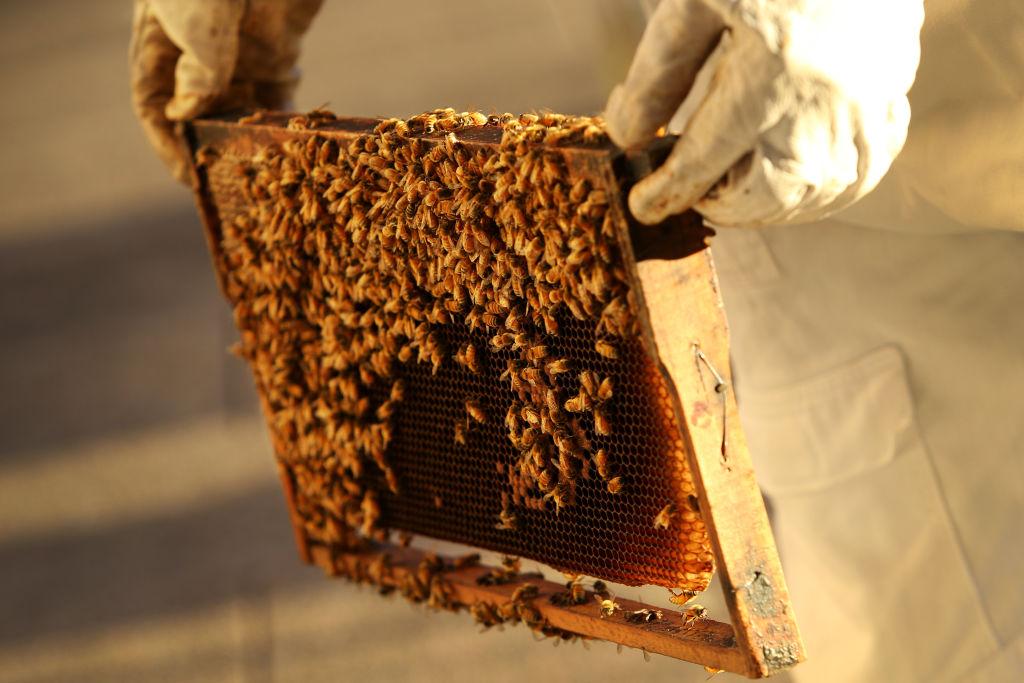Amid recent pressure on Australia’s federal Labor government over its slow response to TikTok, as the only Five Eyes government to not have issued a ban, the issue was raised in parliament by Special Minister of State Don Farrell.
During Question Time in the upper house on March 24, Labor’s Farrell said that the Coalition had failed to introduce and enforce laws for appropriate security controls to avoid risks associated with the social media app TikTok during its time in government.
